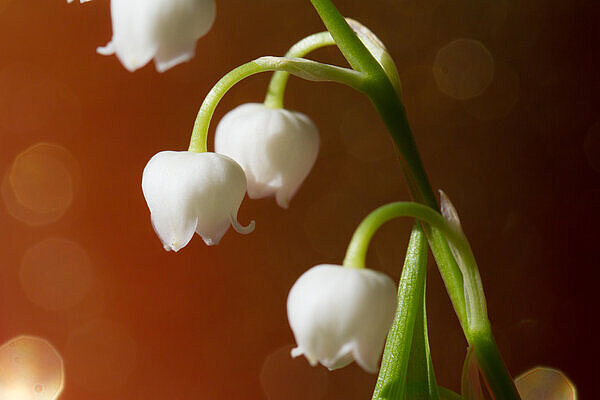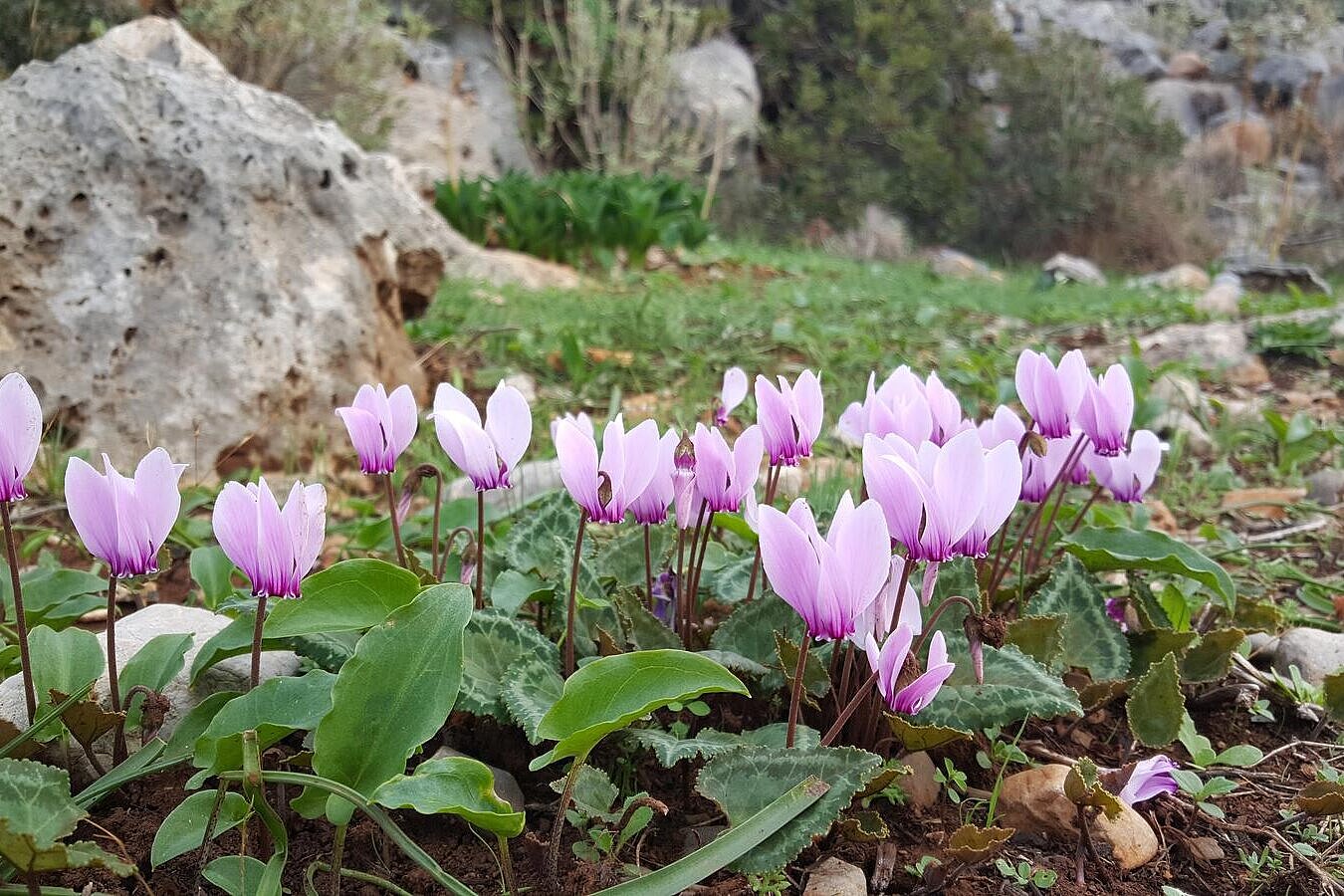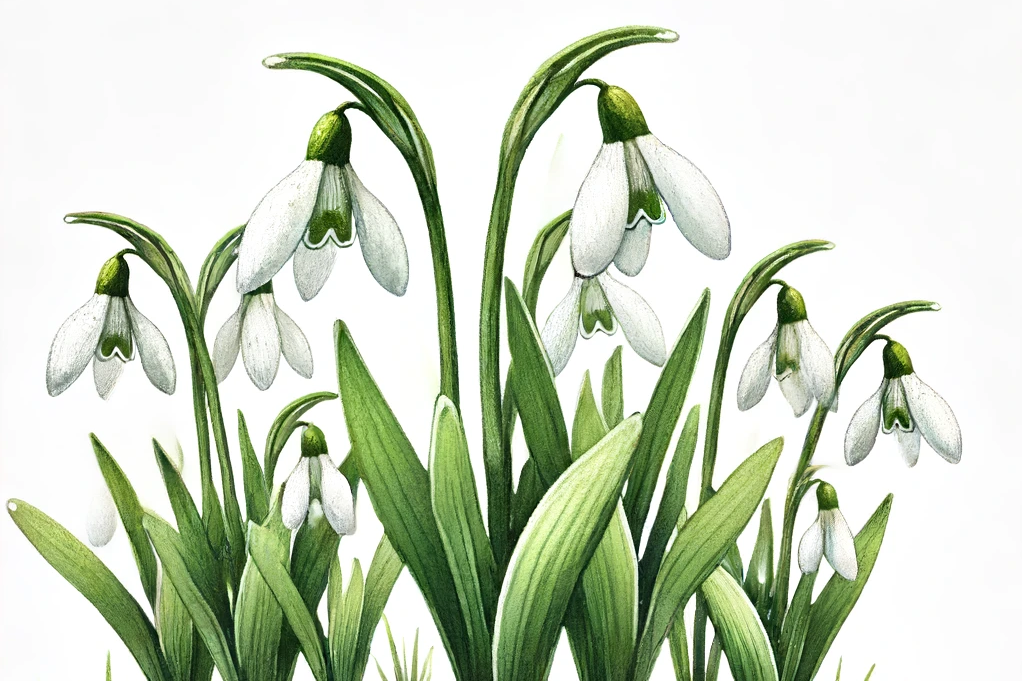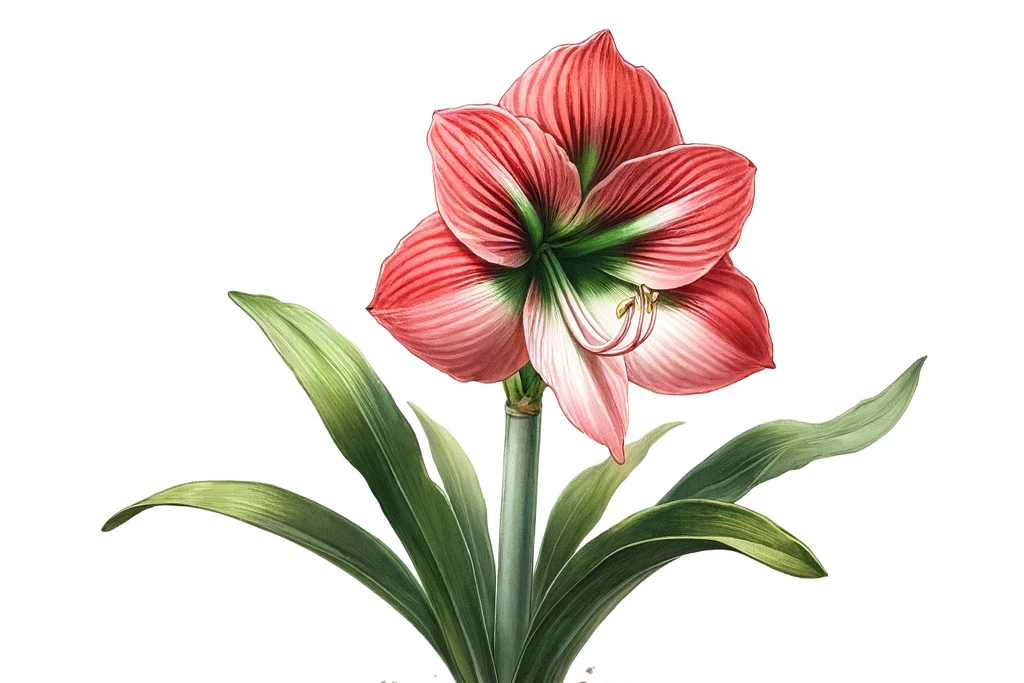Umbellate milk star
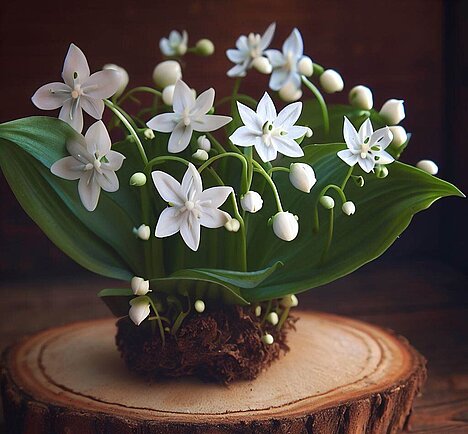
What is umbelliferous milk star?
The umbellate milk star is a plant from the asparagus family. It grows mainly in Europe and Asia and flowers from May to July. The plant has a sweet smell and a bitter taste. It contains various substances that can be poisonous to humans and animals, such as cardiac glycosides, saponins and alkaloids.
How does umbellate milkvetch affect dogs?
Milk star can be dangerous for dogs if they eat or nibble on it. The toxins can lead to various symptoms, such as
- Vomiting
- diarrhea
- salivation
- trembling
- cardiac arrhythmia
- shortness of breath
- collapse
- death
The severity of the poisoning depends on the amount of plant ingested and the weight of the dog. If you suspect that your dog has eaten milk-vetch, you should consult a vet immediately. They can give your dog medication to induce vomiting or bind the toxins. They can also provide your dog with fluids and oxygen.
Are there any benefits of Doldiger's milk star for dogs?
Dold's milk star is not only poisonous, but also has some positive properties. The plant is used in homeopathy and naturopathy to treat various ailments. For example, Doldiger's milk star can help with
- Skin problems
- wound healing
- inflammation
- pain
- nervousness
- insomnia
However, you should never give your dog Doldiger's milk star yourself without first consulting a vet or a veterinary practitioner. The dosage must be very precise to avoid poisoning. Doldiger's milk star can also interact with other medicines or plants.
How can you protect your dog from Doldiger's milk star?
If you have milkvetch in your garden or are walking near meadows, you should take some precautions to protect your dog. For example, you can:
- Keep your dog on a leash or teach him not to nibble on plants.
- Check your garden regularly for milkvetch and remove or fence it off.
- Check your dog for plant parts in its mouth or fur after a walk and remove them.
- Always offer your dog fresh water so that he does not drink from puddles or ponds.
- Give your dog a balanced diet so that he does not suffer from deficiencies.
Milkvetch is a plant that can be poisonous to dogs, but also has healing properties. You should always do your research before giving your dog anything new or introducing him to new plants.
If you notice any signs of hypersensitivity or poisoning in your dog, you should see your vet immediately. We are not a substitute for a vet, but we try to be as accurate as possible. Every dog reacts differently and we recommend you get a second opinion or consult your vet if in doubt.
Stay healthy and take good care of your four-legged friend!😊
Similar to Umbellate milk star
Lily of the valley (Convallaria majalis) belongs to the asparagus family and is a perennial plant that grows in gardens and forests. It grows up to 30 cm high and has large, green leaves that emerge...
The autumn crocus is a perennial plant that forms a brown-scaled bulb. This bulb survives the winter and produces new flowers the following fall. The flowers are funnel-shaped, have six equally...
The emergence of snowdrops officially marks the beginning of the farewell to winter. These delicate plants breaking through the snow are not only a beautiful sight, but also an interesting topic when...
Amaryllis (Hippeastrum hybrids) is a bulbous plant from the Peruvian Andes that belongs to the amaryllis family. It has narrow, green leaves and a thick stem with several funnel-shaped, slightly...
